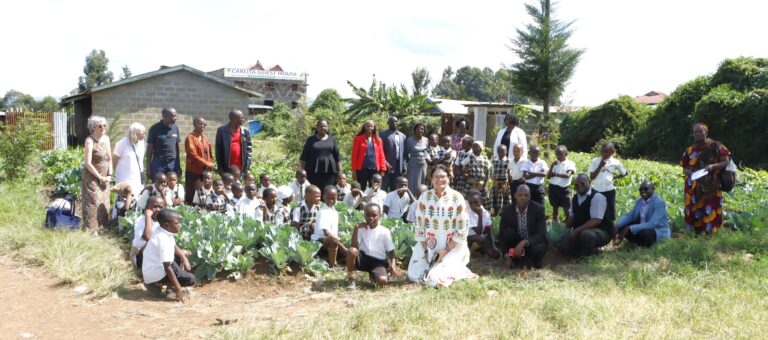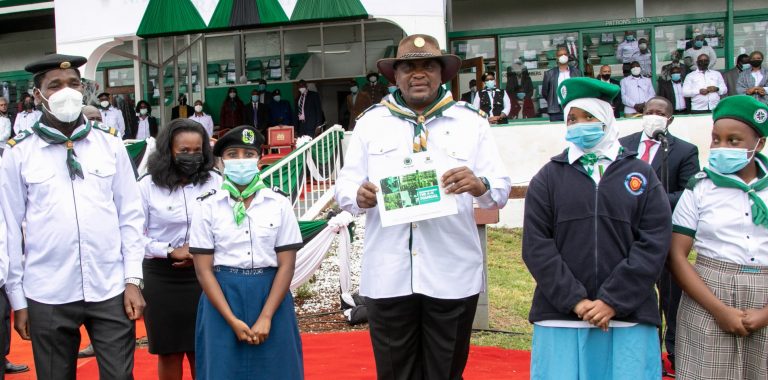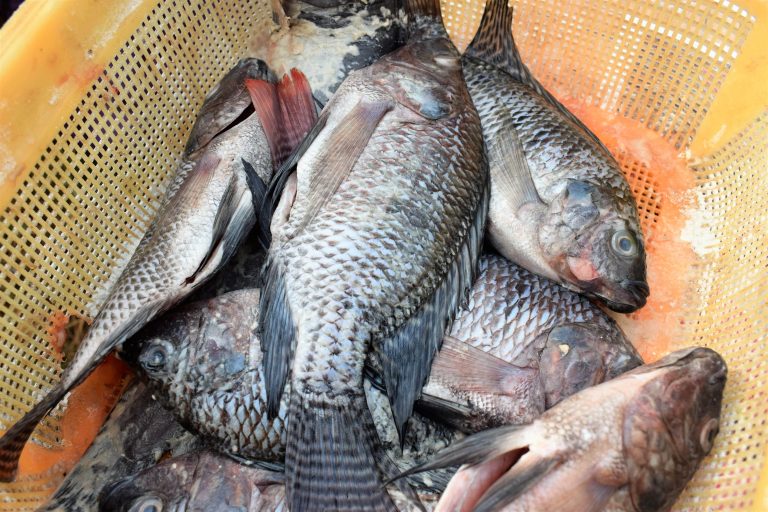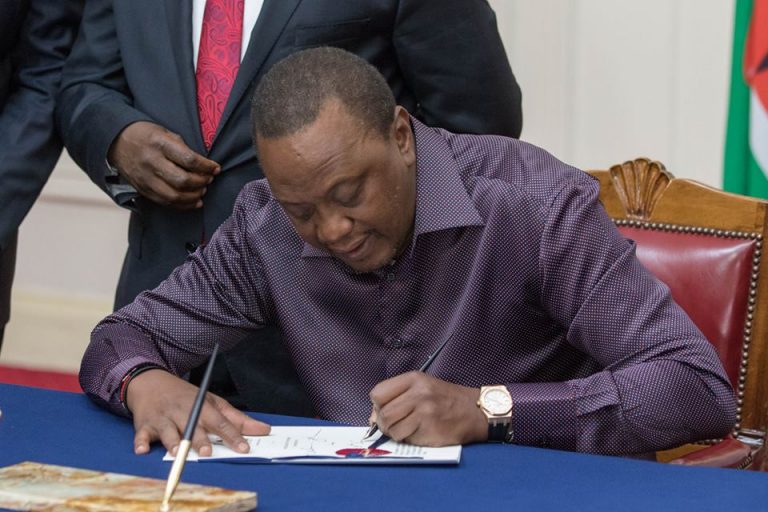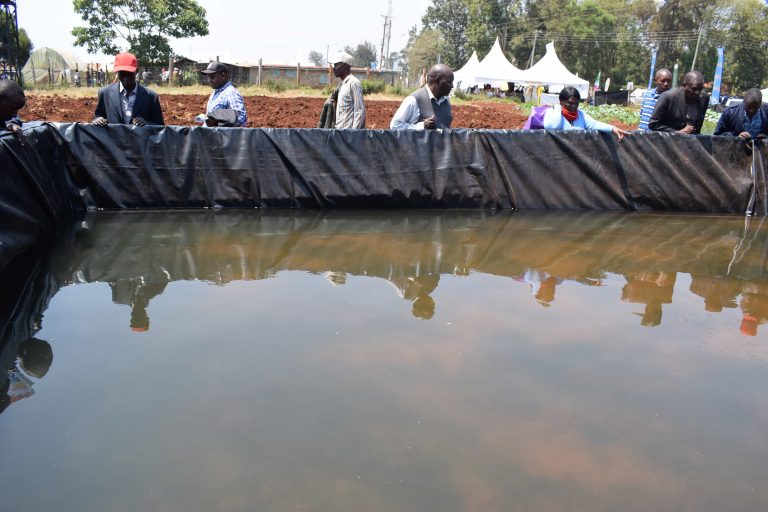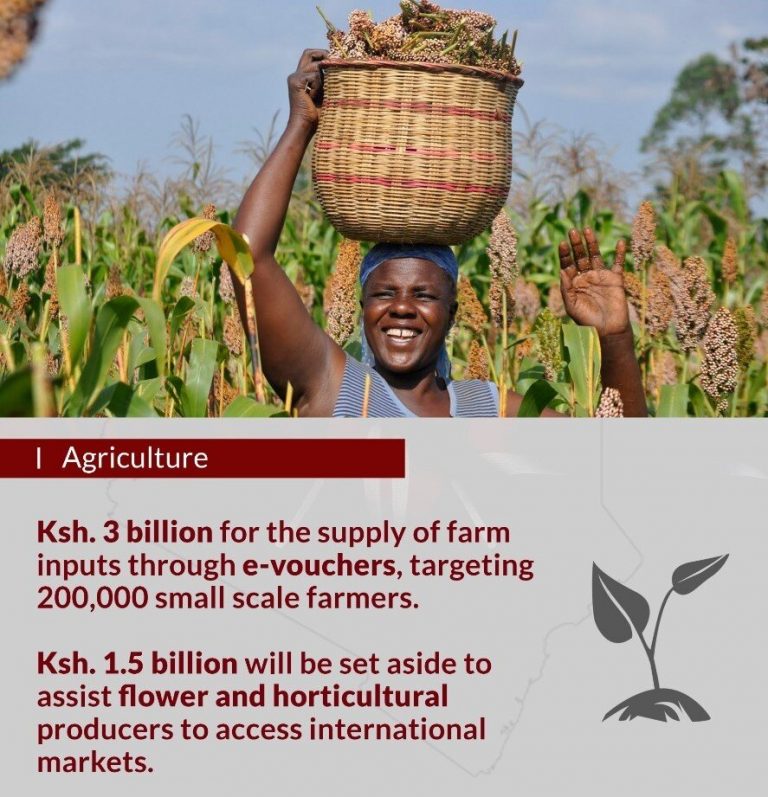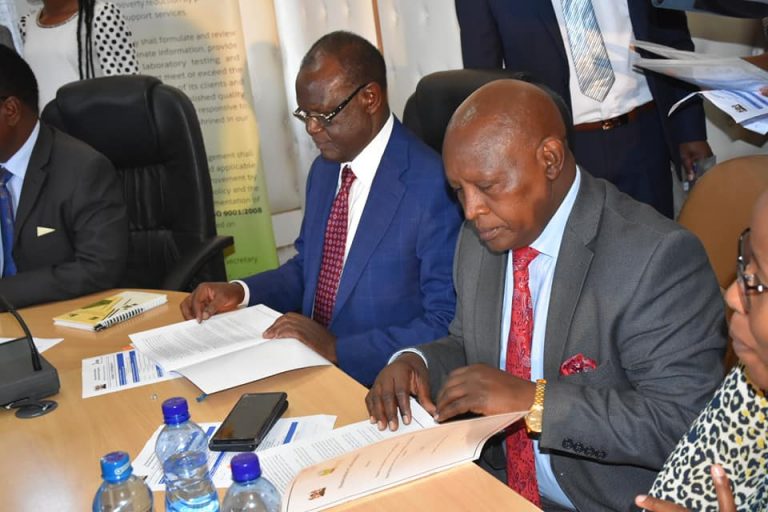President Uhuru Kenyatta has today unveiled the Shs 2.2bn Empowering Novel Agribusiness-led Employment (ENABLE Kenya) program, a youth capacity building initiative aimed at creating employment, generating income and bridging succession gap in agribusiness.
At the same event, the President unveiled the rebranded 4-K Clubs with a call to County Governments and stakeholders in the agriculture value chain to increase their support for efforts to empower the youth in agribusiness.
“In addition, I note with appreciation the prioritization of initiatives to build capacity in modern agribusiness technologies and to provide access to affordable and high quality inputs. I note also that numerous ongoing agricultural projects have integrated components for the youth, and a number of them have been designed and specifically tailor-made for the youth,” President Kenyatta said.

ENABLE Kenya, funded by both the Government of Kenya and the African Development Bank (AfDB), seeks to build the capacity of 10,000 Kenyan young people involved in agribusiness to enable them to create employment opportunities for 50,000 others.
Besides training and capacity building, a large proportion of the Shs 2.2 billion ENABLE Kenya kitty will be disbursed to beneficiaries as interest-free loans amounting to Shs 500 million to finance start-ups, and Shs 900 million in low interest credit for existing youth enterprises.
Also included in the kitty is a Shs 800 million risk guarantee provision to buffer financial institutions that provide commercial loans to entrepreneurs in the agricultural sector.
Speaking at the launch of the two initiatives at Jamhuri Park in Nairobi County, the President said the 520 youth to be trained this month will each receive financing of between Shs 500,000 and 1.5 million as start-up capital.
He said ENABLE Kenya and 4-K Clubs fit into the various farmer empowerment initiatives being implemented by the Government among them the Aquaculture Business Development Programme that is being rolled out in 15 counties.
“To complement this pilot project, parallel efforts are in place to transfer aquaculture technology and build the capacity of the youth in schools by establishing aquaponics in learning institutions. Already, 40 schools spread out across the country have benefited from this initiative,” the President said.
The President cited the revival of Liwatoni Fishing Port in Mombasa County and the Shs 43 billion affirmative action programmes for women and youth that have so far benefitted over 4.7 million SME’s engaged in agribusiness as some of the measures the Government is taking in order to uplift young people.
“Ultimately, these efforts will go a long way to transform negative perceptions on agribusiness and make it more attractive to young people,” the Head of State said.
Alongside financing, the President said the Government had intensified capacity building for youth in agribusiness through the Comprehensive Africa Agricultural Development Programme.
“Over the last five years, this initiative has led to the development and approval of more than 45 competency based education and training curricula for agricultural middle level colleges, on selected key value chains such as dairy, horticulture, poultry, aquaculture and agri-preneureship,” he said.
To encourage participation of school children in agricultural activities, the President directed school heads to start purchasing food items from 4-K and Young Farmers clubs.
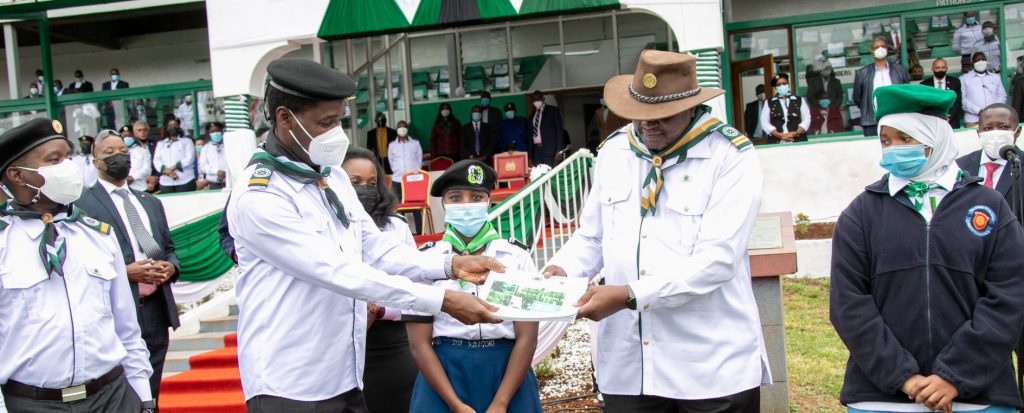
“Further, the produce from the 4-K Club projects should form part of the supplies for the school feeding programme; which would be a tangible demonstration of the value and vitality of the projects,” President Kenyatta ordered.
Council of Governors Chairperson Martin Wambora, Agriculture CS Peter Munya, and his CAS Anne Nyaga also spoke at the event attended by several Governors, and senior Government officials


